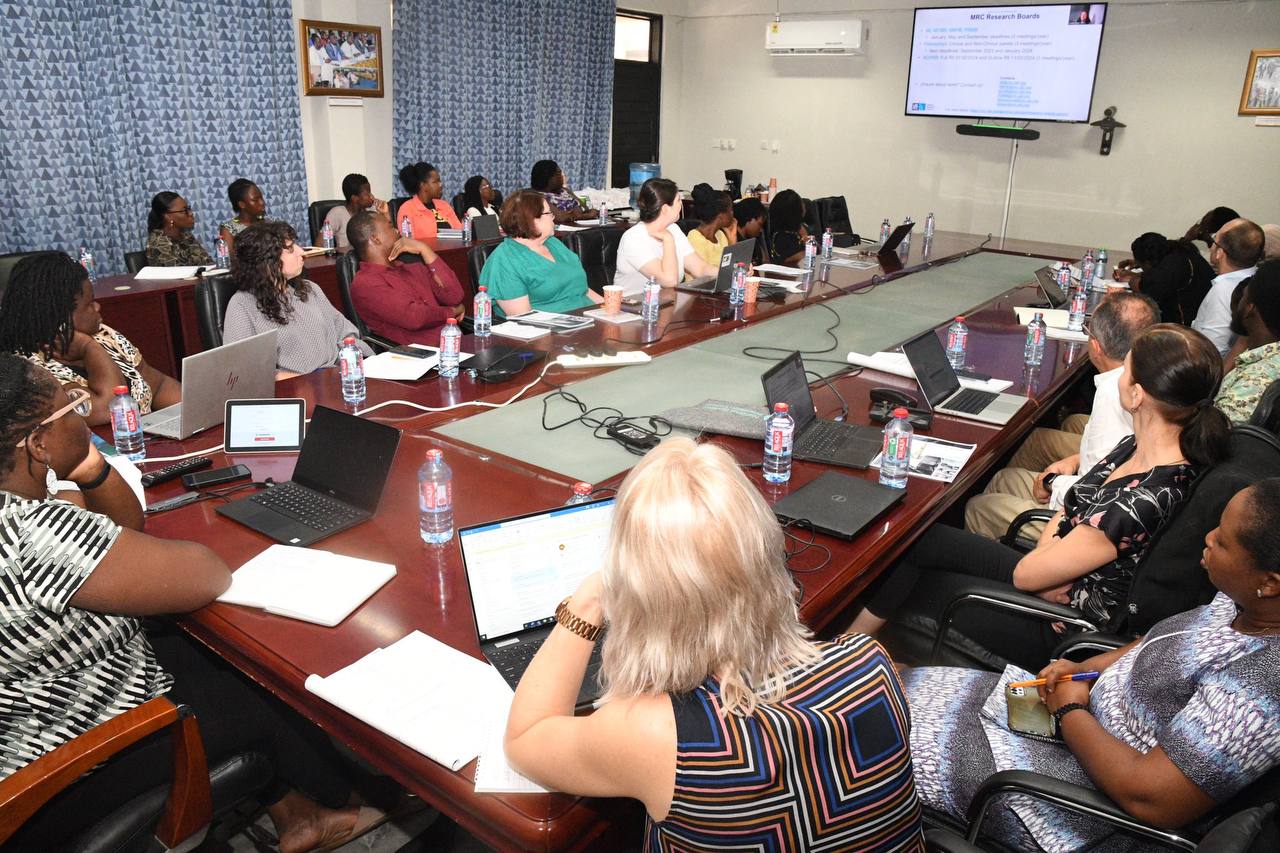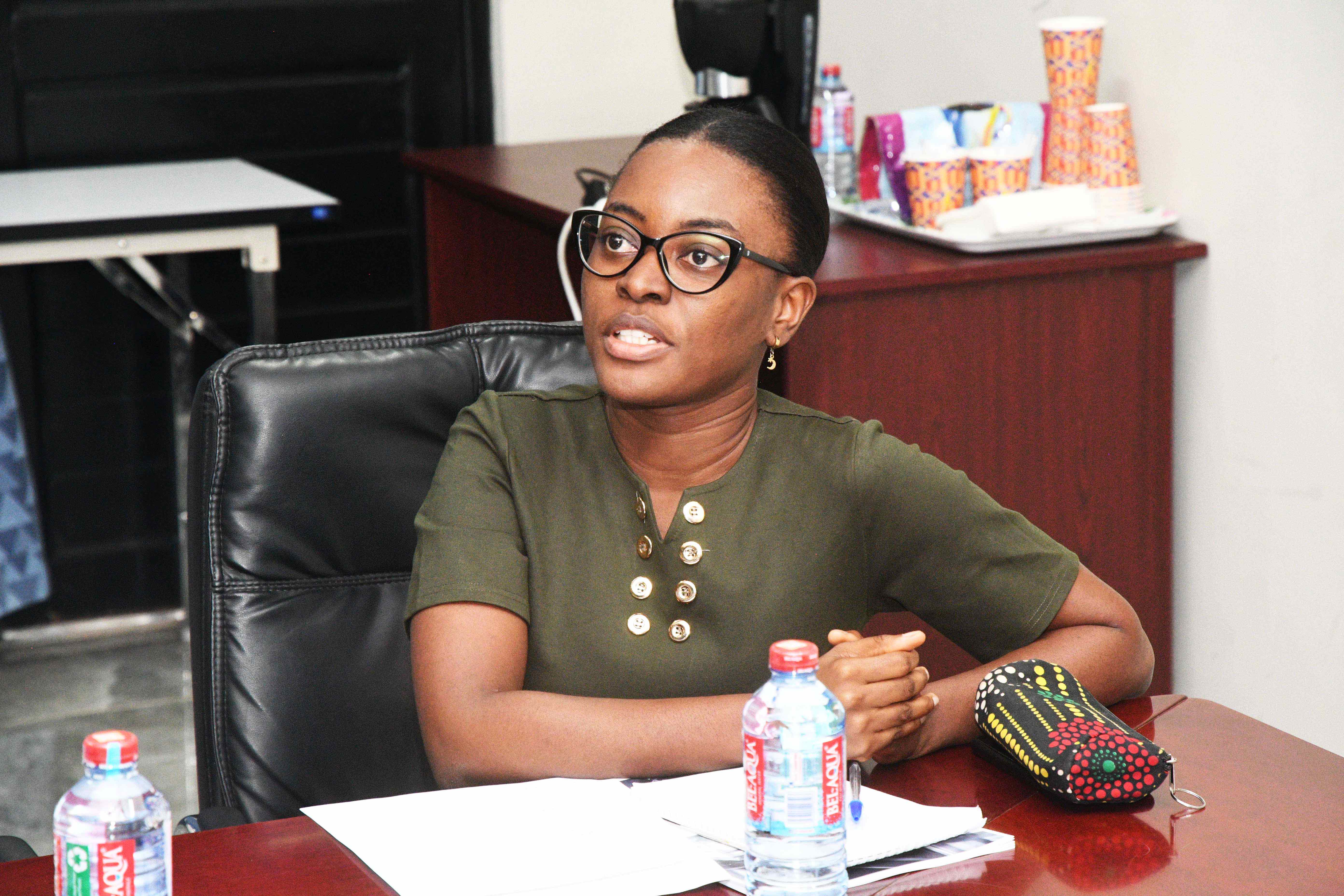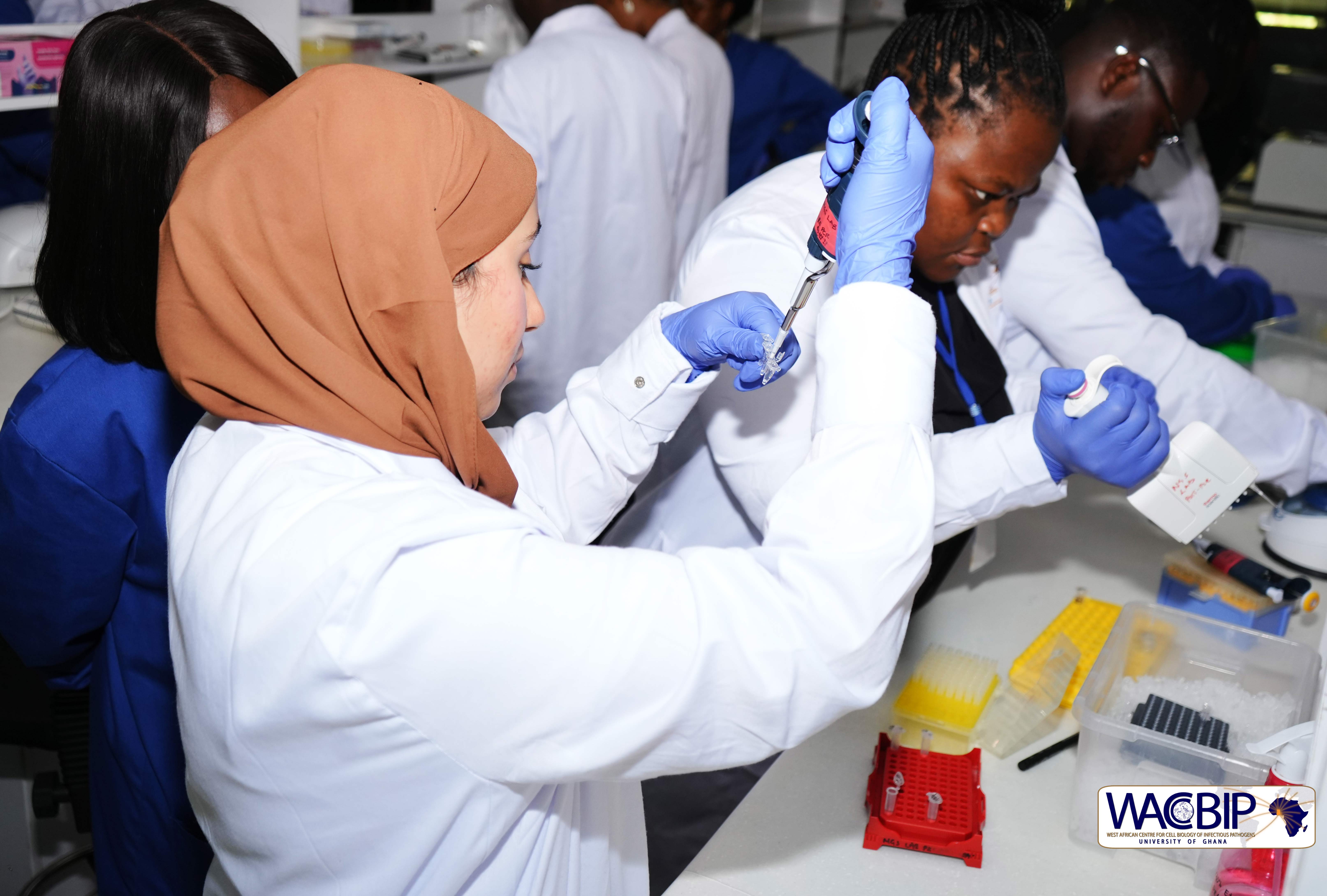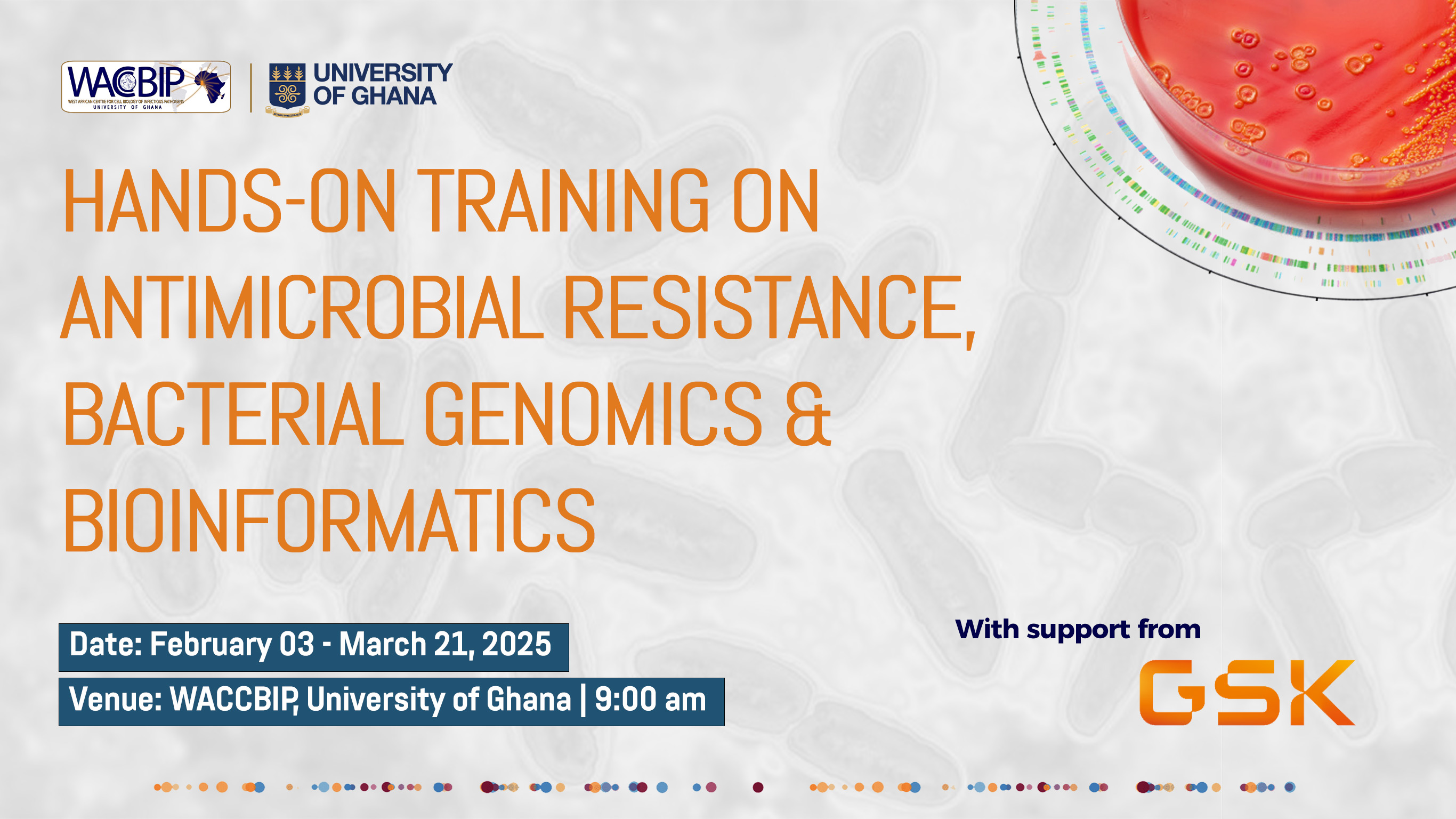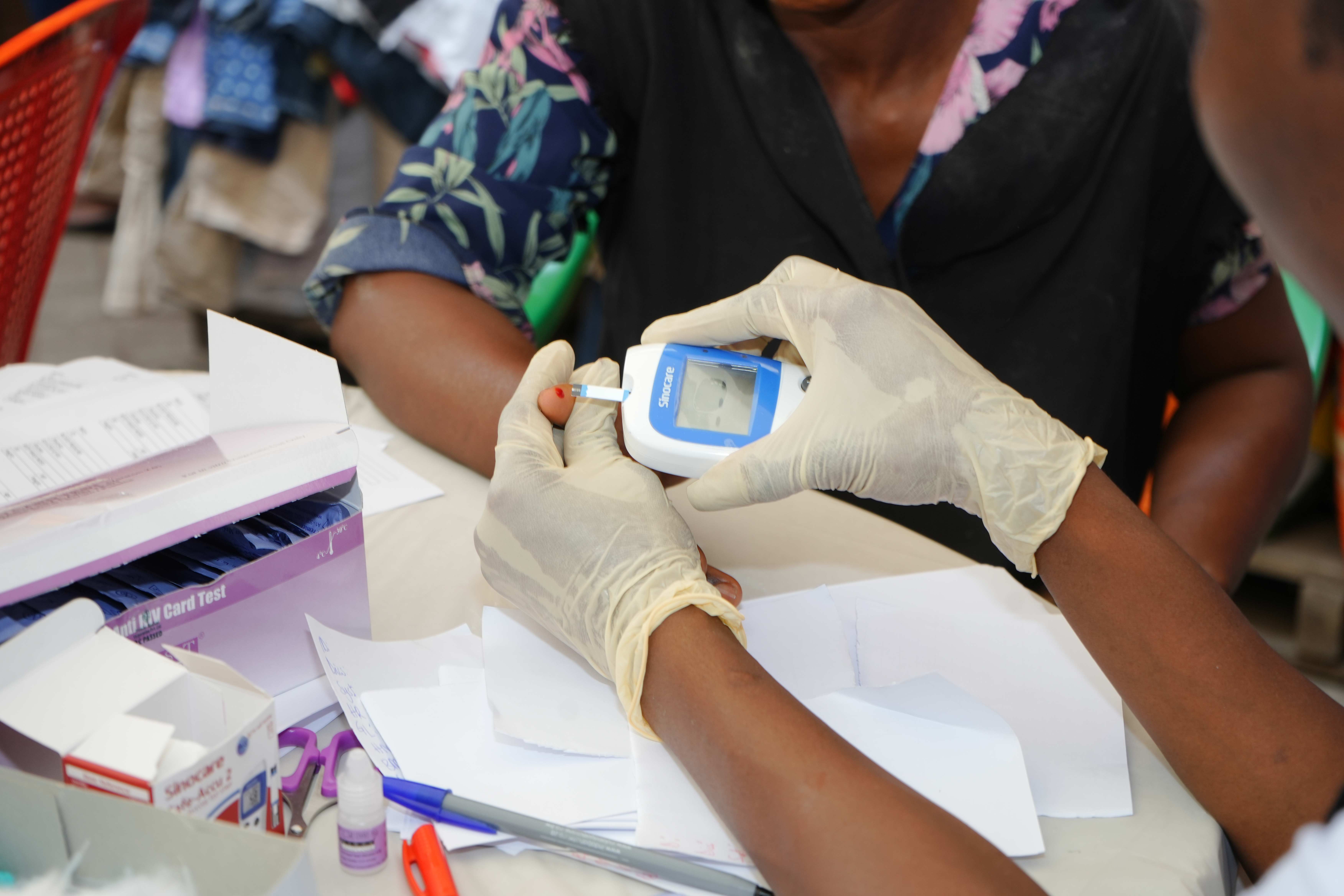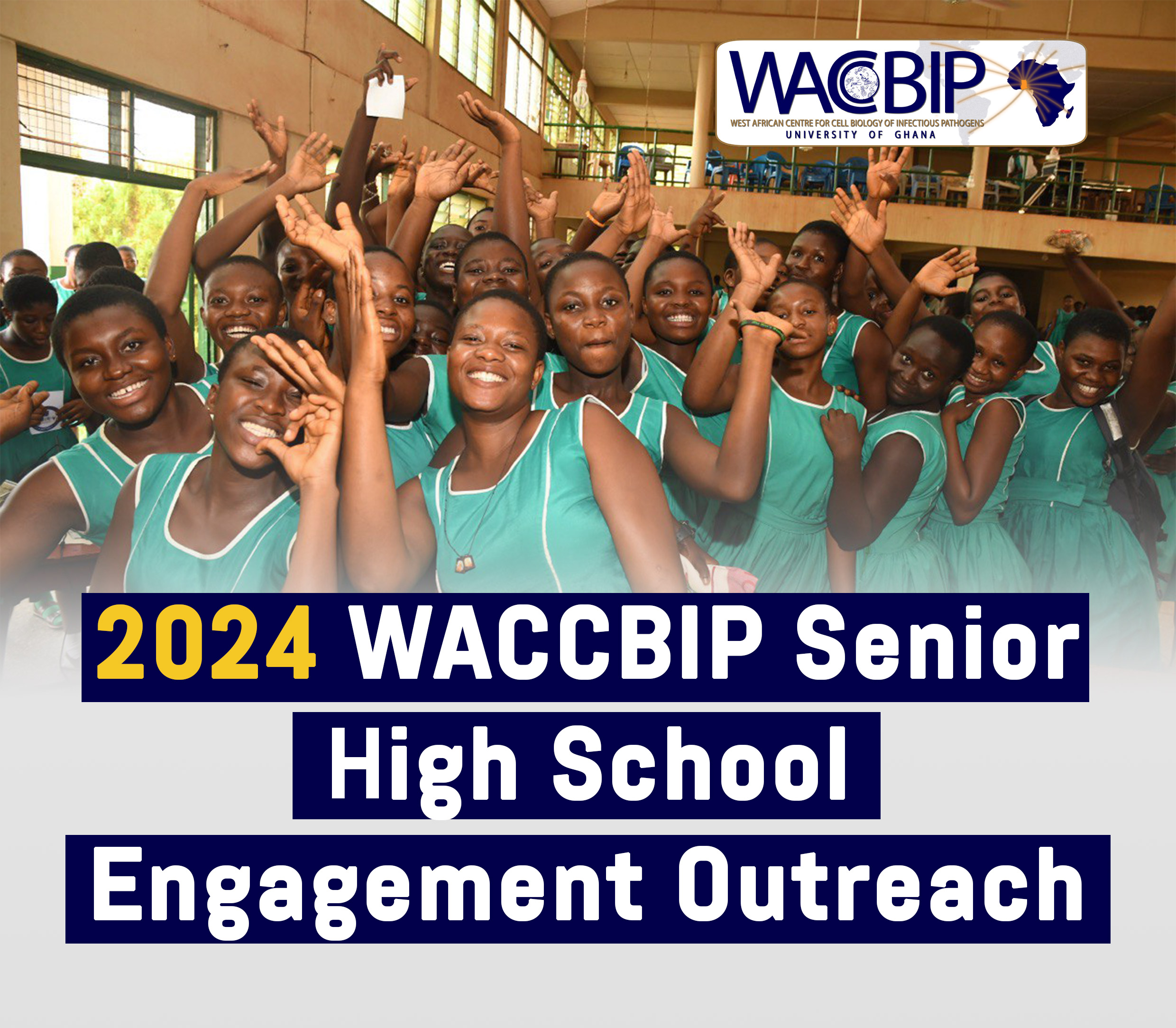In a ground-breaking alliance between the National Biofilms Innovation Centre (NBIC) and the West African Centre for Cell Biology of Infectious Pathogens (WACCBIP), a timely three-day workshop unfolded at the University of Ghana from October 10th to 12th, 2023.
This event, bolstered by the support of the UK Biotechnology and Biological Sciences Research Council (BBSRC) networking grant awarded to NBIC and WACCBIP, marked a pivotal milestone in the endeavour to revolutionize antimicrobial discovery and biobanking.
The NBIC comprises 4 core universities in the UK; Nottingham, Edinburgh, South Hampton and Liverpool. NBIC’s mission is organised around preventing, detecting, managing and engineering solutions to combat antimicrobial resistance. Since its establishment in 2017, they have steadily built an impressive network of 60 research institutions and over 150 industrial partners in the UK and abroad. NBIC was represented at the workshop by the CEO, Jo Slater Jefferies, Prof. Miguel Camara, Prof. Cait MacPhee, Prof. Rasmita Raval, Prof. Jeremy Webb, Dr. Paulina Rakowska, and Ines Foidl. Dr. Crysi Sergaki from the Medicine and Health Care Products Regulatory Agency from the UK was also present. This networking workshop is driven by a visionary aspiration to catalyse research and innovation in biofilm studies, with faculty from WACCBIP and the Noguchi Memorial Institute of Medical Research (NMIMR) working on antimicrobial resistance, to foster a dynamic collaboration for training, internships, student exchange programmes and joint research activities.
The workshop functioned as a vibrant epicentre for faculty, researchers, and industry leaders from both countries converging to exchange knowledge and discern areas of synergy in biofilm-related research. The central thematic focus of the event revolved around the critical domains of antimicrobial discovery and biobanking, providing an invaluable platform for the participating institutions to showcase their competencies in terms of infrastructure, technological resources, and expertise.
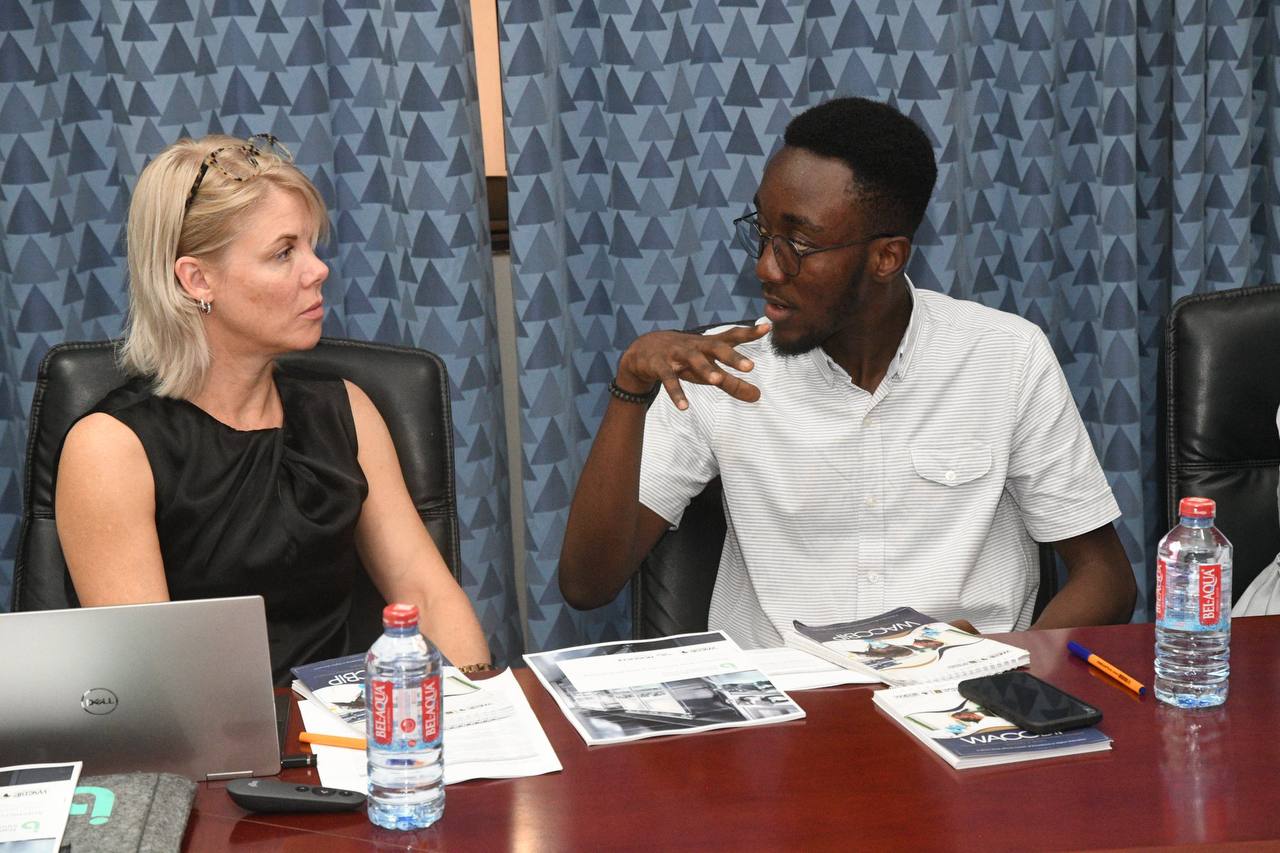
Figure 1: Workshop participants having discussions.
The first day was replete with enlightening presentations, to stimulate collaboration among emerging African researchers. Prof. Lydia Mosi gave an overview of WACCBIP and there were presentations from graduate students in the AMR research group at WACCBIP which is headed by Dr. Abiola Isawumi. Dr. Beverly Egyir from the Bacteriology department at Noguchi gave an overview of hospital acquired AMR infections in Ghana whilst Dr. Gloria Ivy Mensah of the same department discussed AMR residues in animal products in Ghana. Dr. Jewelna Akorli of the parasitology department at NMIMR presented an innovative approach of using the gut microbiome of mosquitoes as possible vaccine targets to control malaria infections and Dr. Kassim Balagra introduce novel research at CSRI-WRI on the incidence of AMR infection sin nursing homes in both rural and urban Ghana. Industry representatives from the Food and Drugs Authority (FDA), and Atlantic Lifescinces limited, orchestrated knowledge dissemination sessions, and a pivotal roundtable discourse centred on the profound domain of drug discovery-based research. These activities laid the foundation for the establishment of a shared biobank, fostering a spirit of cross-institutional cooperation.
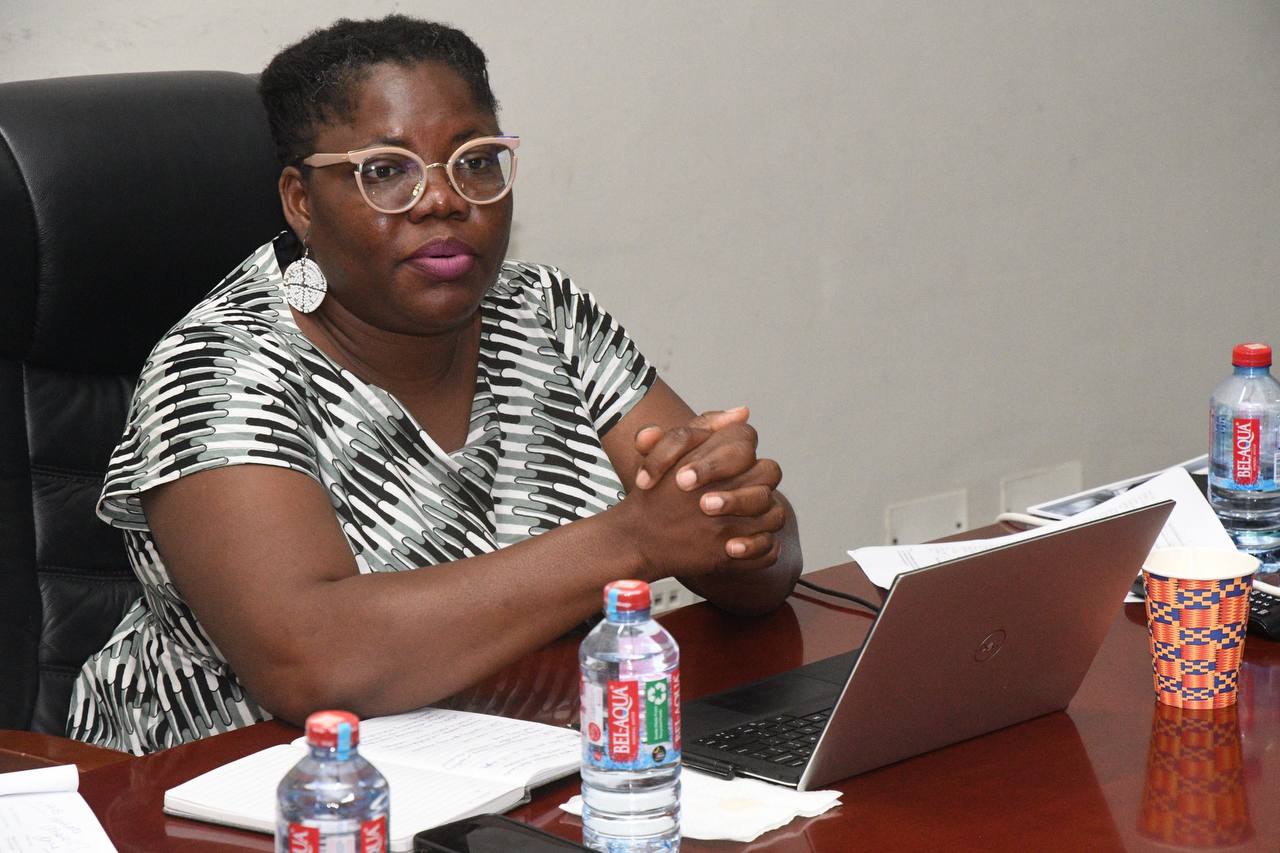
Figure 2: Prof Lydia Mosi (Dep. Director, WACCBIP) giving an overview of WACCBIP and its activities.
Figure 3: WACCBIP graduate student in the AMR research group delivering a presentation.
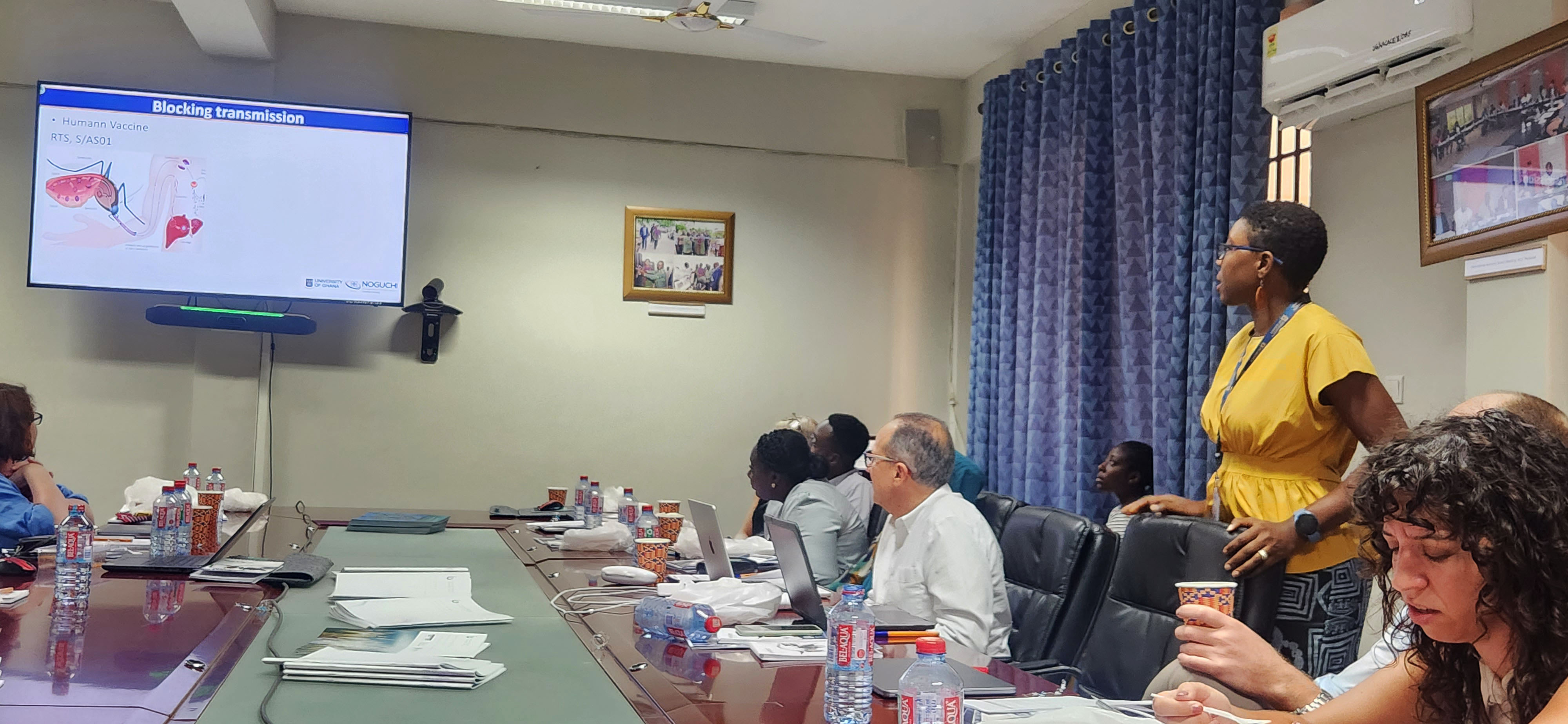
Figure 4: Dr. Jewelna Akorli (Parasitology department, NMIMR) presenting on an innovative approach of using the gut microbiome of mosquitoes as possible vaccine targets to control malaria infections.
On the second day, participants embarked on an enlightening tour of WACCBIP's cutting-edge facilities, offering a first-hand encounter with the state-of-the-art resources available. Additionally, an exhaustive visit to Atlantic LifeSciences Limited, Ghana's preeminent pharmaceutical establishment, provided insights into its operational capabilities, thereby deepening the collective comprehension of the pharmaceutical landscape in the region.
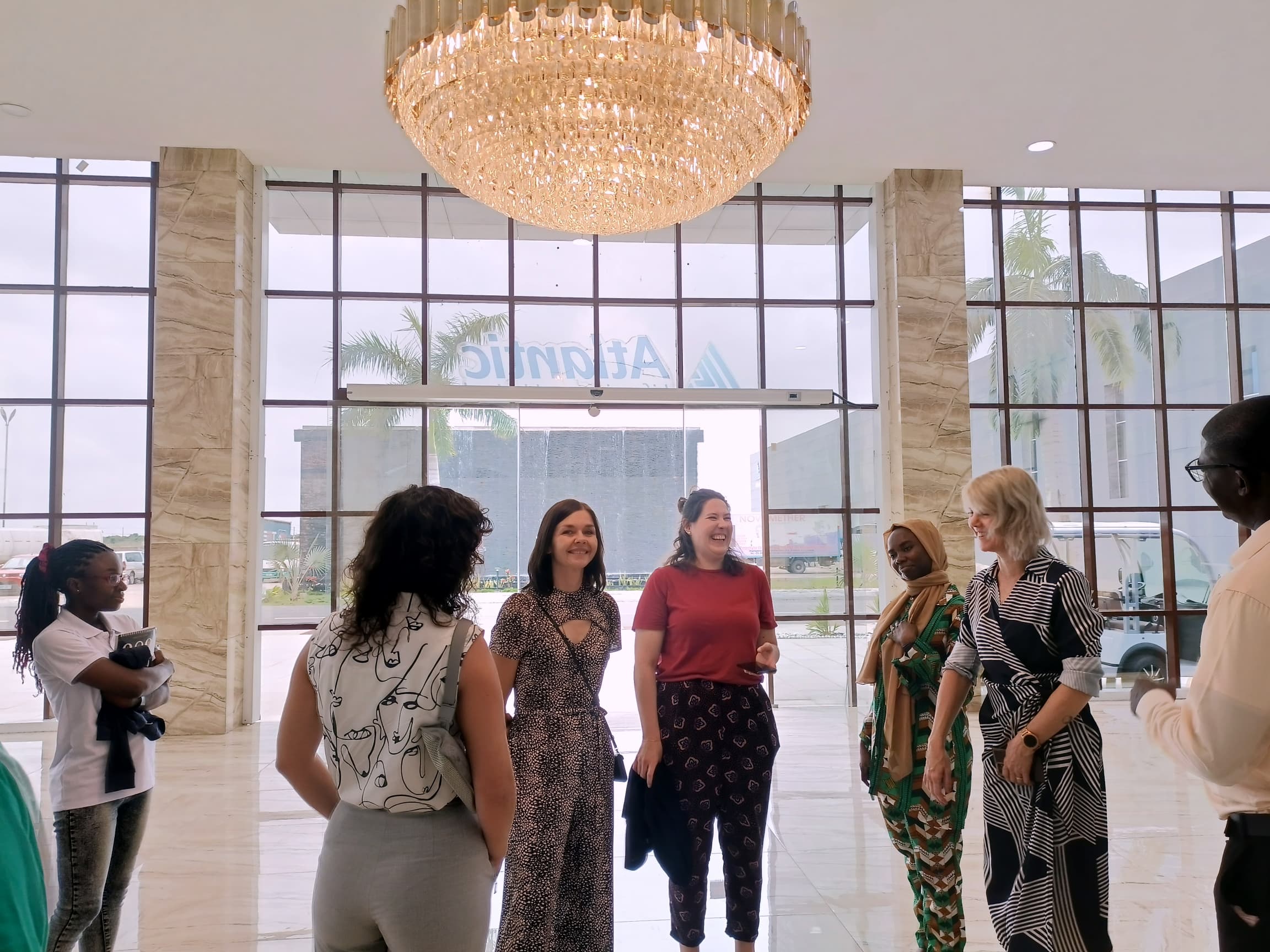
Figure 5: Workshop participants at the Atlantic LifeSciences Lobby.
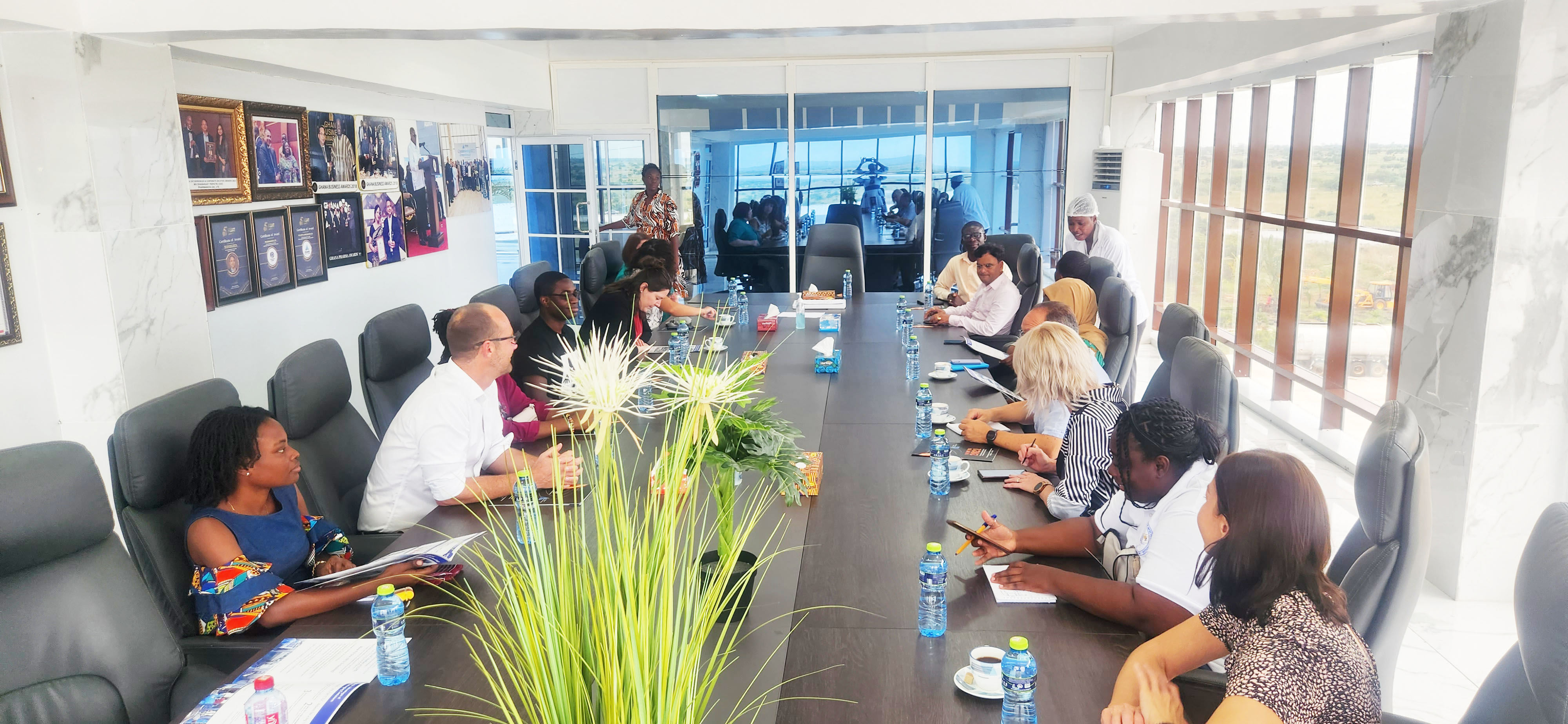
Figure 6: Workshop participants at a sitting with the Atlantic LifeSciences Staff.
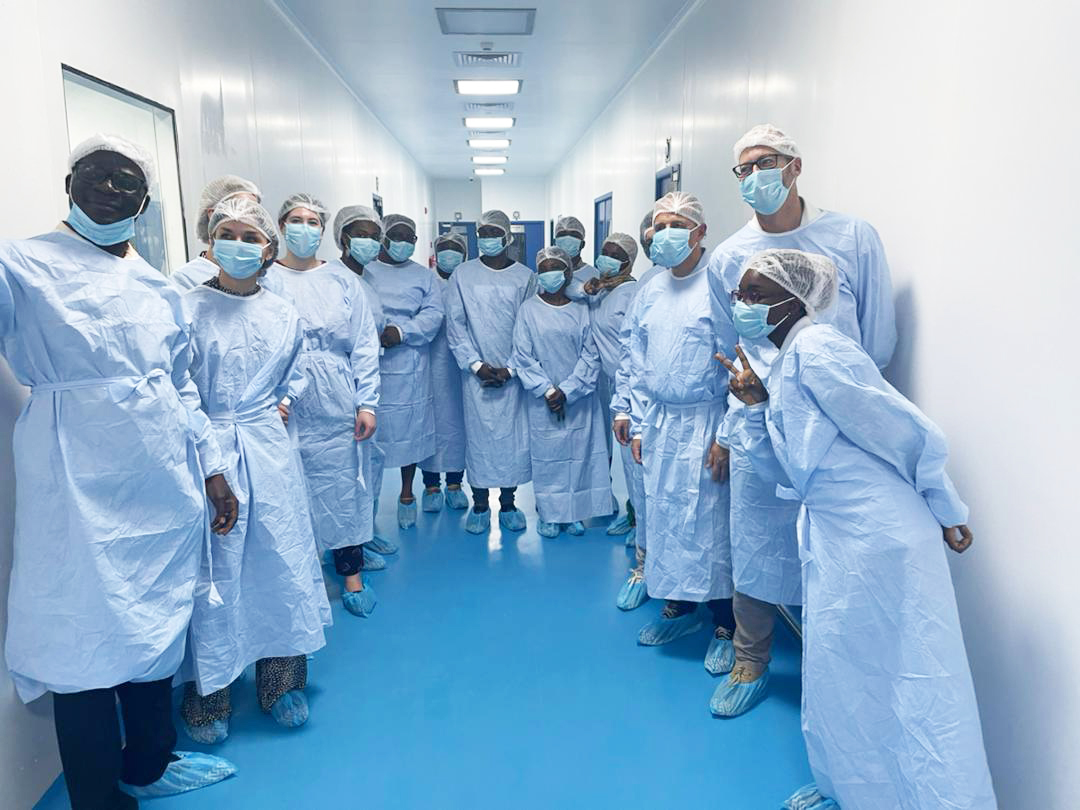
Figure 7: Workshop participants on tour of the Atlantic LifeSciences facility.
The culminating day featured a summary by Professor Miguel Camara, who reflected on the workshop's accomplishments and its potential for transformative impact. Professor Camara underscored the paramount importance of nurturing future collaborations, delineating a roadmap for sustained partnership and knowledge exchange. Deliberations also extended to the realm of funding opportunities in both the United Kingdom and Ghana, emphasizing the pivotal need for financial support to propel collaborative research, training initiatives, and biobanking endeavours in the short, medium, and long term. Mrs. Beatrice Sakyibea Nyamekye-Biney of the Office of Research, Innovation and Development also provided information on funding opportunities which could support the collaboration activities between NBIC and WACCBIP.
This remarkable partnership holds the promise of a lasting and enduring collaboration, underpinned by a shared vision and mission to propel the fields of antimicrobial discovery and biobanking forward. The unwavering commitment to sustained cooperation is poised to yield bountiful results, propelling the progress and development of these pivotal realms of research in the foreseeable future.

